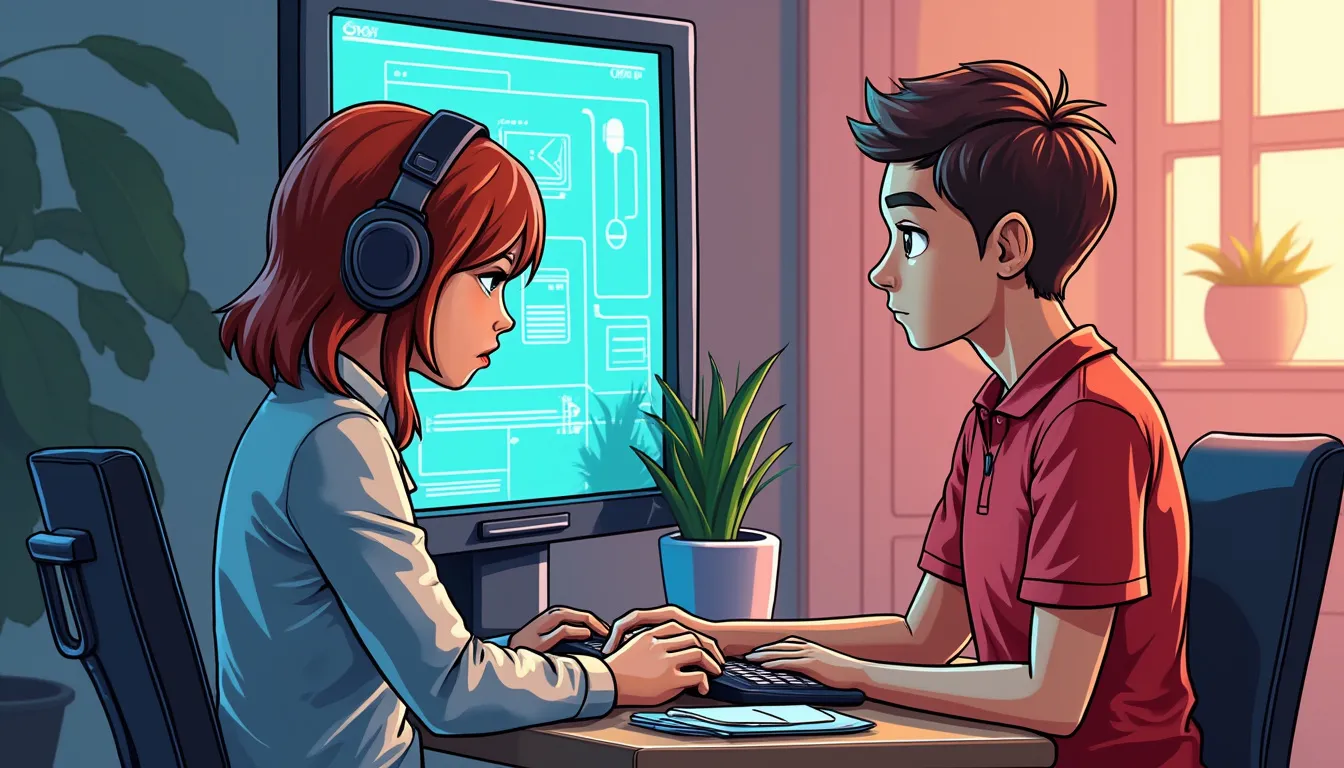In recent developments, the Indian news agency ANI has taken legal action against OpenAI, accusing it of using ANI’s copyrighted content without authorization to train the AI chatbot, ChatGPT. This lawsuit highlights significant concerns regarding intellectual property rights as artificial intelligence continues to evolve and integrate with various industries.
ANI’s Accusations and Concerns
ANI’s primary allegation against OpenAI is the unauthorized use of its content, including news articles and reports, for training ChatGPT. The news agency claims that this lack of permission constitutes a breach of its copyright, emphasizing the importance of lawful licenses and permissions in protecting creative works. Furthermore, ANI accuses OpenAI’s ChatGPT of attributing false news stories to its agency, severely harming its reputation and business interests.
This lawsuit is not only about the improper use of ANI’s materials but also concerns the damage caused by misinformation, as ANI faces challenges in maintaining credibility amidst these fabricated attributions. The impact of these false stories could undermine years of building trust with audiences and stakeholders, illustrating the far-reaching consequences of AI mismanagement.
OpenAI’s Stance and Broader Implications
In response to the allegations, OpenAI has firmly denied any wrongdoing, claiming that its AI models are developed using publicly accessible data in line with fair use doctrines. OpenAI emphasizes that it takes intellectual property concerns seriously and has ceased using ANI’s content for ChatGPT’s future training. Noteworthy is their preventive measure to add ANI’s website to an internal block list, a step taken since September to avoid further contention.
This case not only illuminates the specific issues between ANI and OpenAI but also reflects broader intellectual property challenges. As AI technology rapidly advances, there is increased tension between content creators and AI developers about rights management and compensations. This dynamic poses critical questions about how intellectual content is used and valued in the AI domain.
Globally, ANI’s legal actions resonate with other media organizations’ responses, as seen with lawsuits in the US by prominent newspapers like the New York Times. The trend highlights a growing demand for clear guidelines and regulations that can manage AI’s impact on content distribution and intellectual property.
Looking Ahead: Legal Proceedings and Industry Implications
The judicial process is underway with the first hearing having taken place at the New Delhi High Court. The judge has requested detailed responses from OpenAI regarding ANI’s claims, setting a legal precedent that could influence future AI-related intellectual property cases in India. The court’s decisions will not only affect the two parties involved but will shape the landscape for AI and media interactions.
As the court proceedings continue, set to reach a pivotal point in January 2025, industry observers and stakeholders are keenly observing the outcome. The case may serve as a litigation blueprint, informing companies and creators about the necessary legal frameworks to protect and uphold intellectual property rights amidst AI’s escalating role in content creation and distribution. For ANI and OpenAI, the verdict will be integral to their operational strategies, potentially necessitating adaptations in how AI technology engages with copyrighted material.




